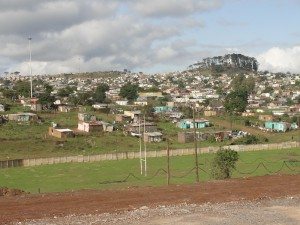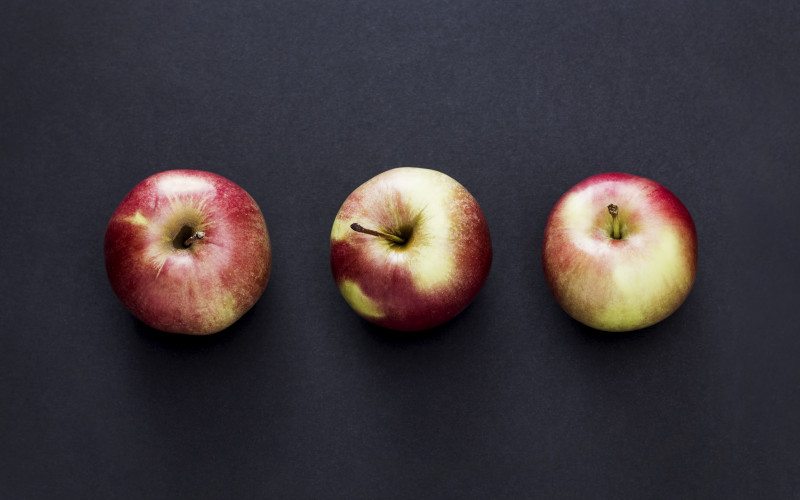During the first week of orientation, the Director of CIEE described the three stages of culture shock and demonstrated this by alluding to three apples.
He took a bite out of the first apple and exclaimed how delicious and exciting it tasted, and that it gave him full of life. The second apple he tried made him feel nauseous and it had a weird worm-like creature living in it. The third apple made him feel content. He acknowledged that it tasted different to him, but he enjoyed that different taste.
When writing my first blog after arrival, I was certainly still eating that first apple.
But now that I have been here for three weeks, and have seen and done more, I have experienced a taste of that second and third apple as well.
I went on a tour of Cape Town, which ended in Cape Point, the very tip of South Africa. The driver took us through the city and past many museums and tourist attractions; it was at this point that I realized why some people say Cape Town appears very European. The shopping centers and the restaurants all have that European feel. But we kept going past the city and I was able to see areas that were not on my radar.
First, there were the beaches. They were so gorgeous with a turquoise color and had rows of nice restaurants and shops. On the hills overlooking the scenery were these huge mansions. These mansions appeared nearly perfect and their architecture seemed flawless. I had been introduced to the homes of some of the richest South Africans. But then we kept driving past the luxury, and with only five minutes gone by, we arrived at a township.
The instant contrast was mind-boggling, which was unexpected for me. I had seen the extreme living conditions within such close proximity of each other. These conditions typically do not exist in the United States, at least not to this degree where on one end there are million dollar homes and on the other there are homes literally made from scrap.

Tess: “These conditions typically do not exist in the United States, at least not to this degree where on one end there are million dollar homes and on the other there are homes literally made from scrap.” (RIZZARR File Photo)
The tour guide explained the circumstances of these people, and finally, the lectures I had in my African Development course at Georgetown came to life. There is no middle class in South Africa; you have people who are either very rich or very poor. And the outlook for those who are poor to rise up from despair is grim, with South Africa having around a 25 percent or higher unemployment rate. So although South Africa is considered “European”, I learned during that drive that there are aspects of it which make it not like Europe and not like anything I see at home, particularly not that extreme level of poverty.
What this showed me is that the United States is much different than here even though my first week made me feel like I was in a second home. While America obsesses over the middle class, South Africa has none. The politics are very different here and I hope that I will become better informed about these nuances by talking to locals and visiting the townships.
I have tried to keep up the initial excitement I felt in the first week during my last free week before school starts. I have been successful in many ways: I shark cage dived on Monday which was incredible and far from something I would have ever done and I ventured to the middle of nowhere to listen to South African bands where I met a lot of locals who showed me the quirky and hip side of many South Africans!
However, I still can’t shake the feeling that something more needs to come from my experiences. As my dad told me over the phone…I’m not here on vacation.
What I saw with the gap in class showed me that there are many aspects of South Africa needed to be experienced. And these aspects do not necessarily involve my taking out a camera and being a hackneyed tourist. I need to find other ways that will complete my experience in South Africa, and when I do, I will be able to say I finished that third apple.








